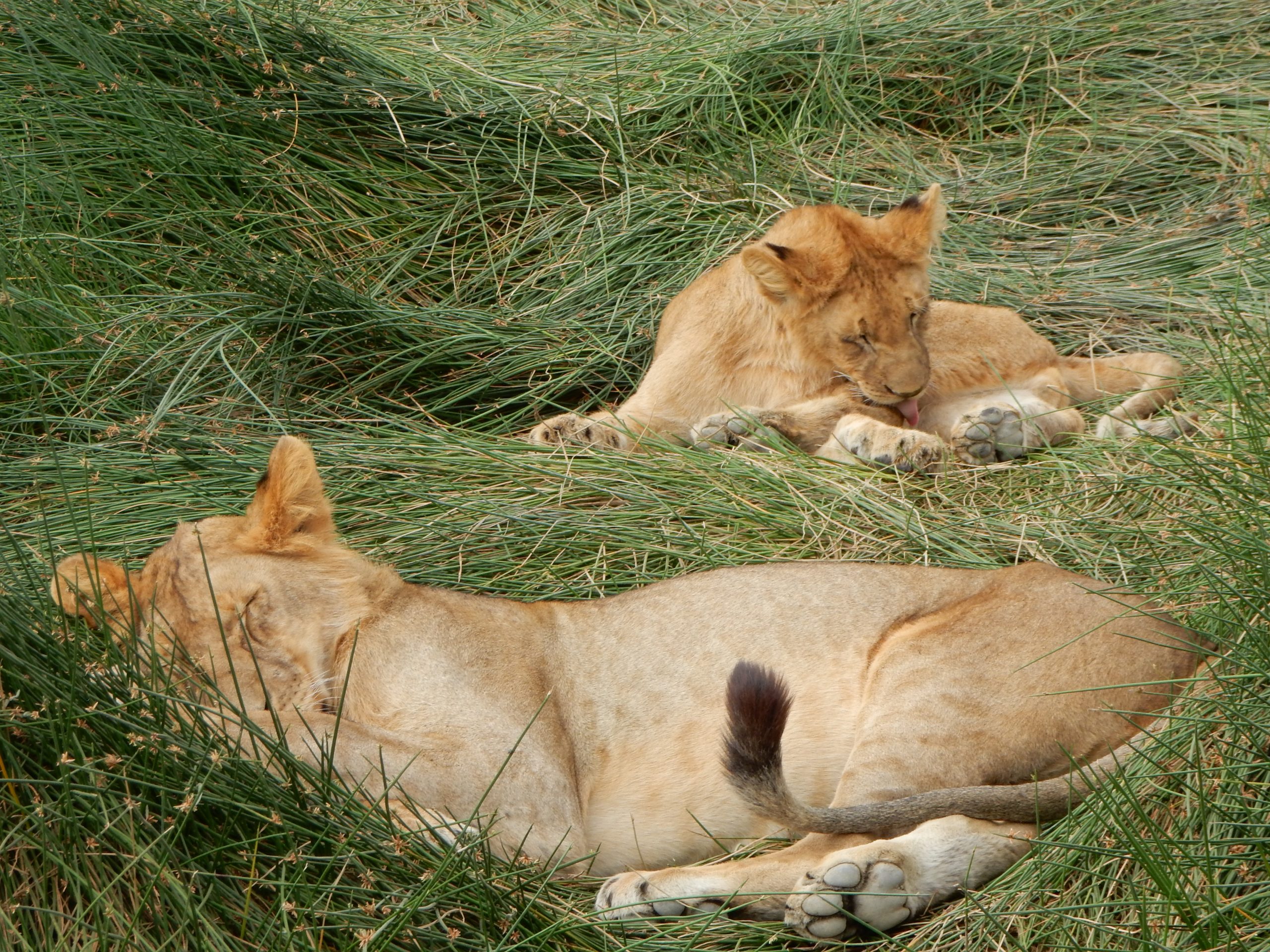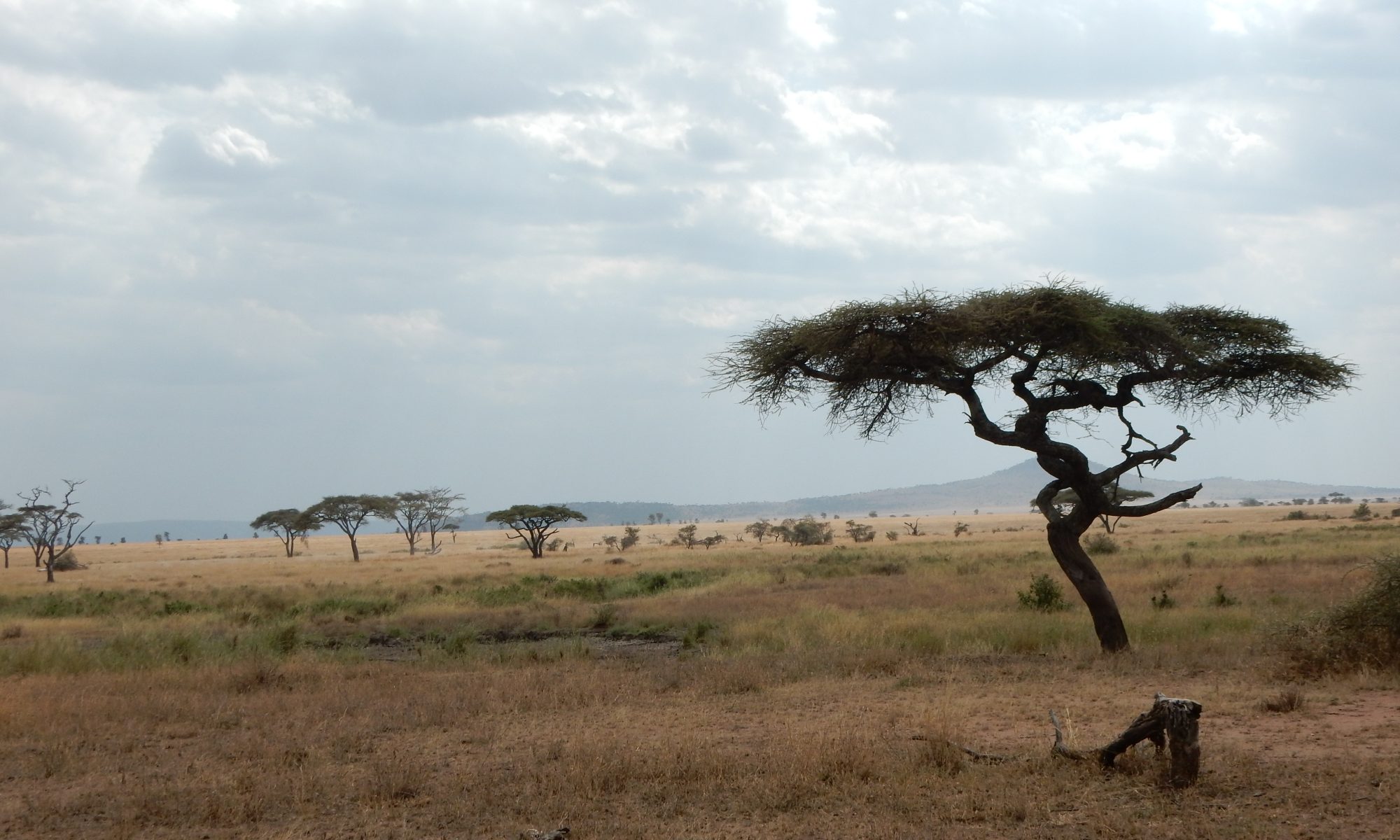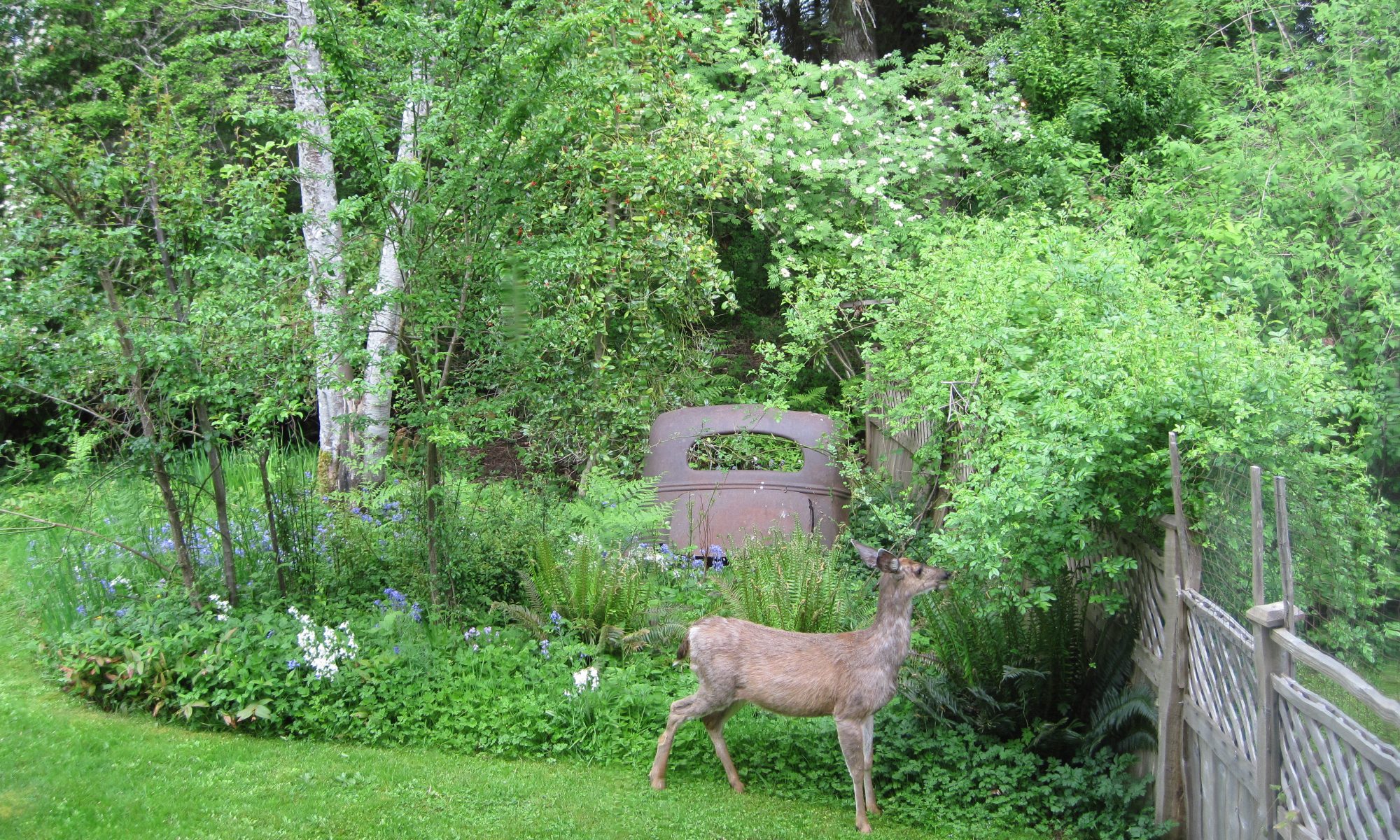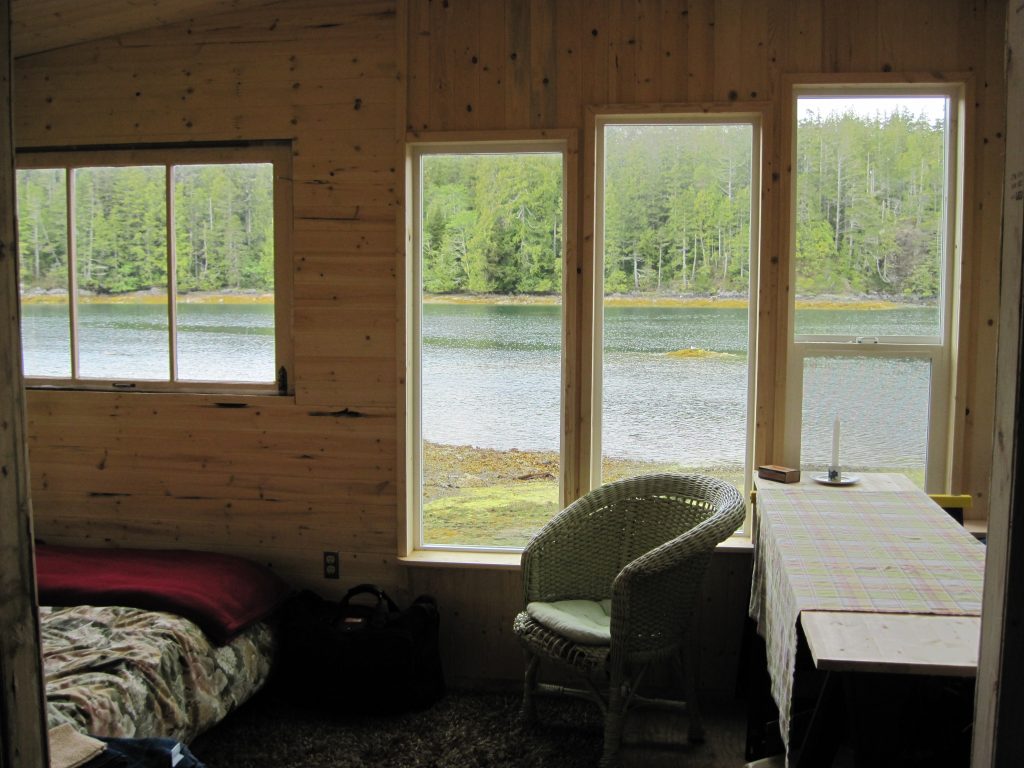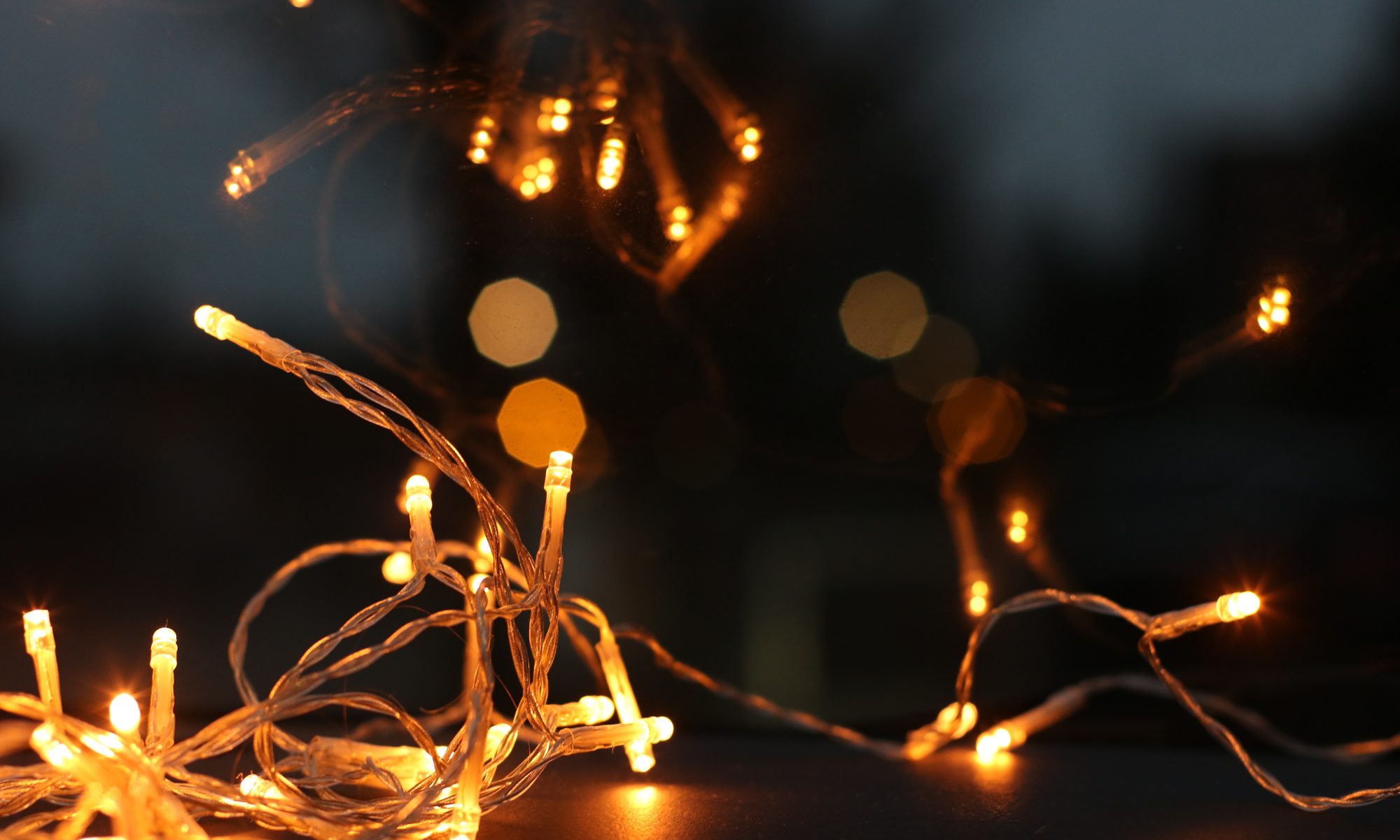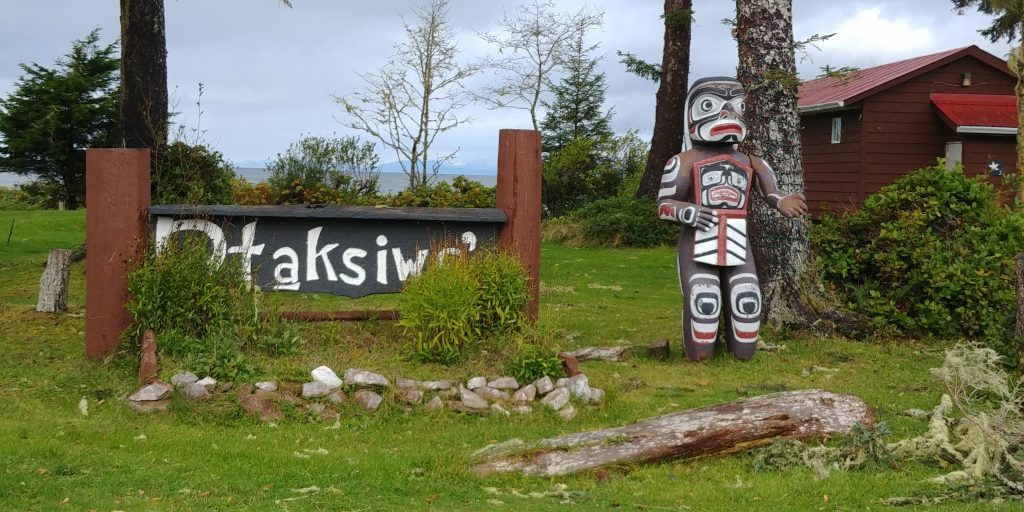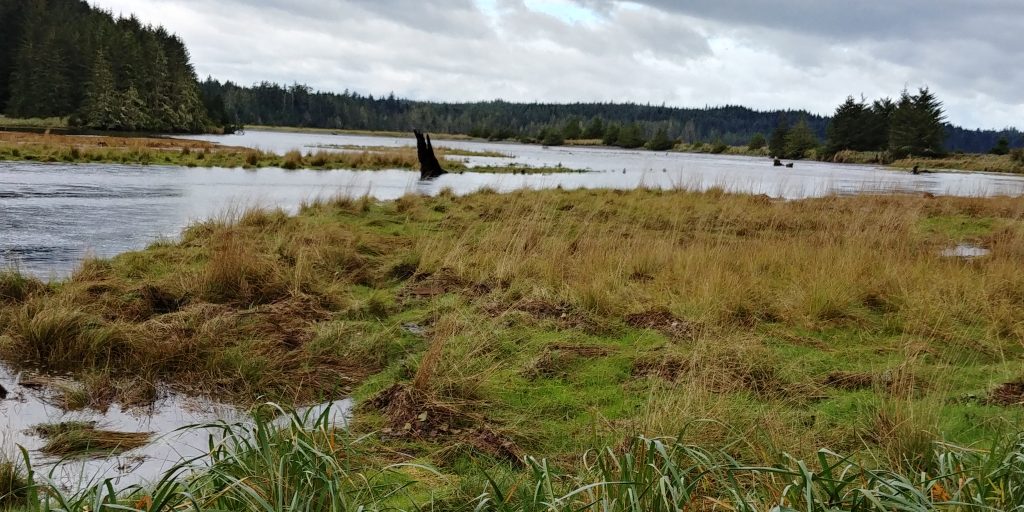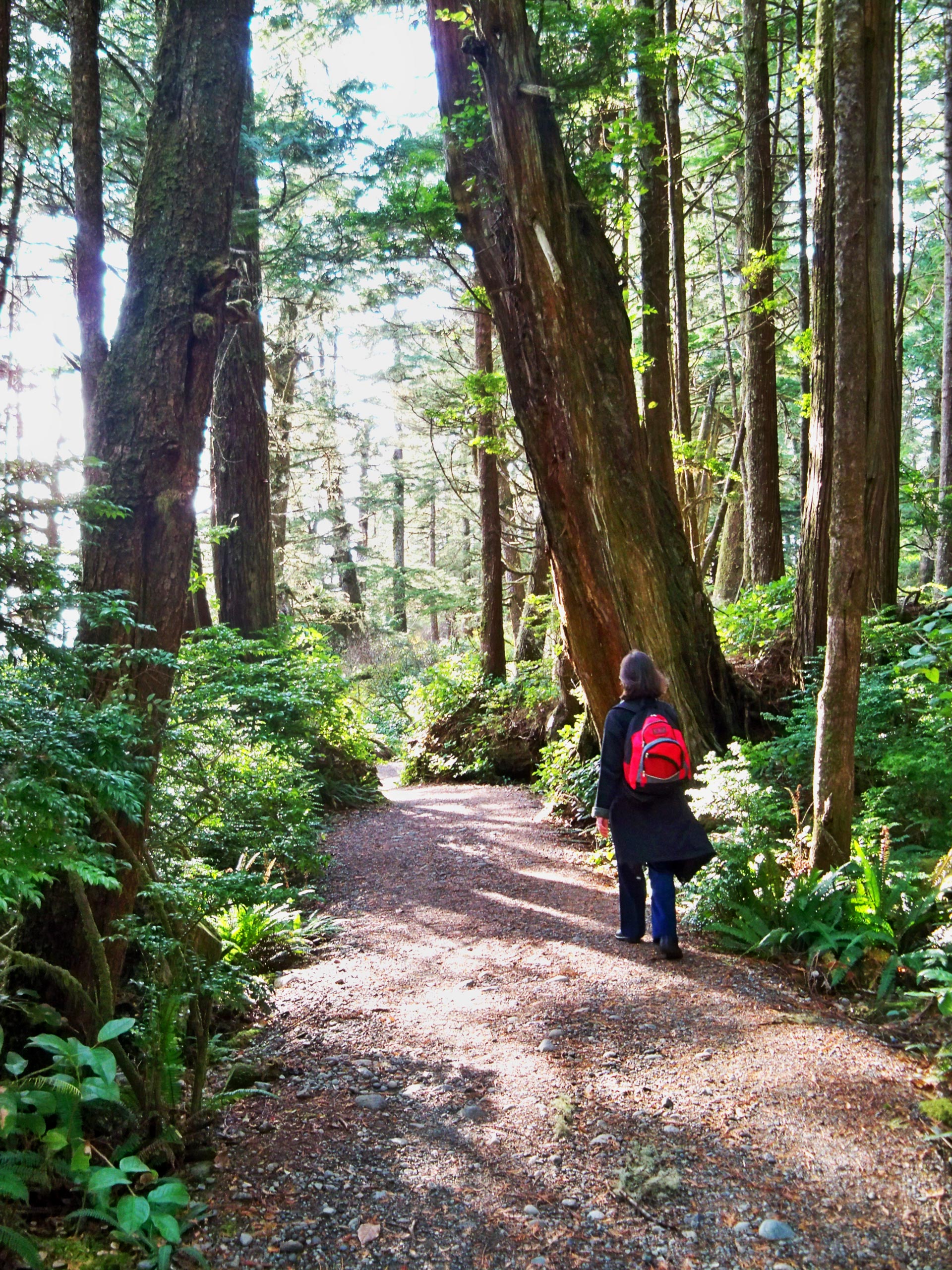A few people have asked why I have a picture of the Serengeti plains on the bio page of my website.
The answer is simple: this is my favourite photo from a trip to Tanzania. In fact, I like it so much, I recently had it enlarged into an 18 x 36-inch canvas wrap that now hangs in my house.
It was taken when our two safari jeeps stopped literally in the middle of nowhere, away from the kopjes where extensive lion prides lolled and the life and death drama of wildebeest and crocodiles along the Mara River. I wasn’t the only person struck by the raw, open beauty; our little herd of thirteen humans was mostly silent, except for a few whispers.
Some people ask why I didn’t choose a photograph with animals. Believe me, I have tons of photos featuring elephants, leopards, monkeys and more. But, to me, the Serengeti image goes deeper. It’s about the land and sky, the smell and feel of Africa, and the way the sun touches it all. It’s a place, once visited, that is never forgotten.
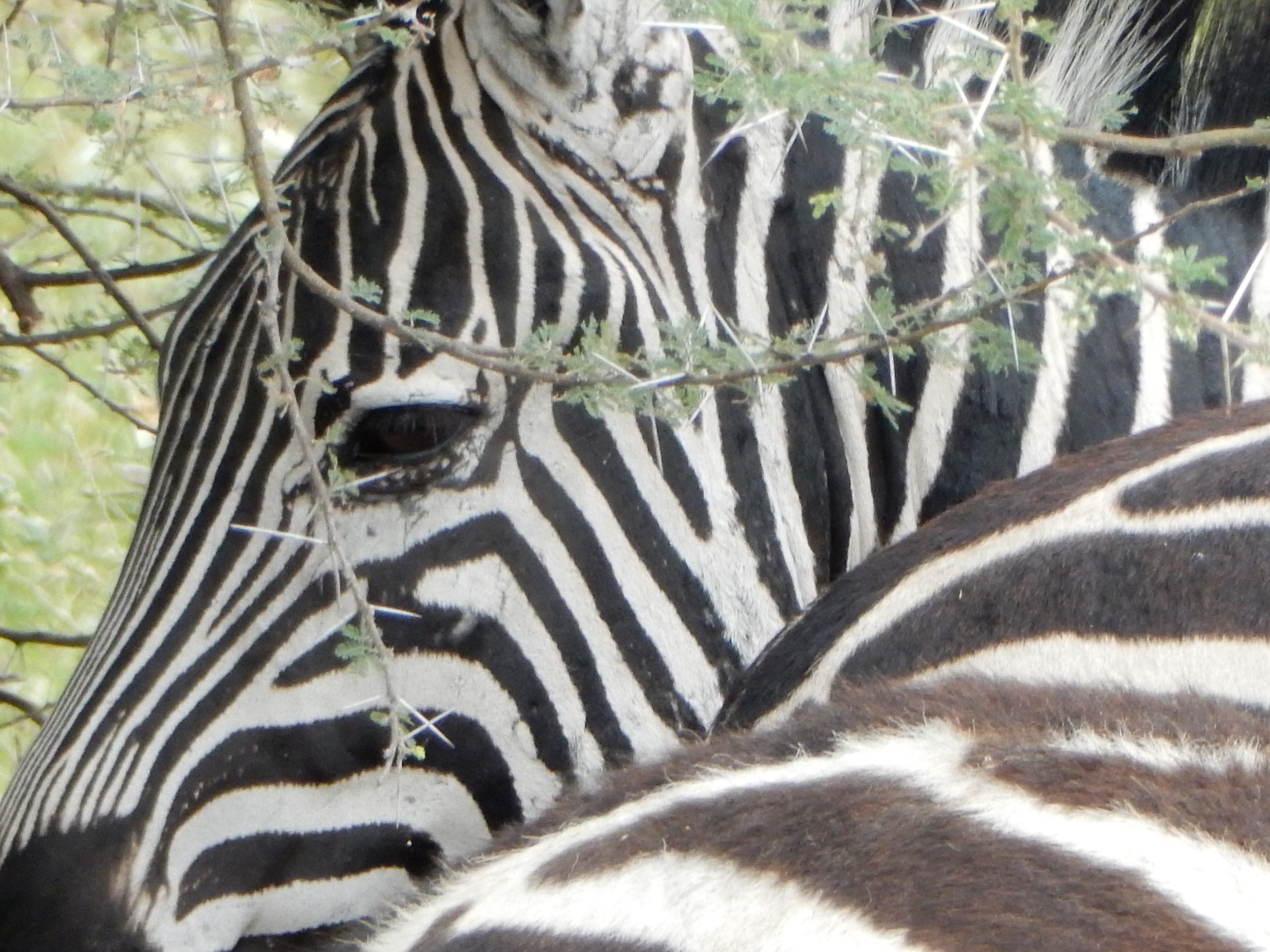
The immensity of this landscape that can stretch beyond human sight vibrates with a silence that is palpable. Eyes scan the horizon while ears feel wide open, hearing only the gentle rusting of golden grasses.
There was a sense of wonder and anticipation, knowing that even though the land appeared bare of life, there was the possibility that at any moment, a lion, cheetah, zebra or buffalo could set paw or hoof in our viewscape.
Even though it’s hanging in the hall, I can see the Serengeti image from my bed. If I wake up at the right time, the sun shines in through a window, highlighting only the sky portion of the picture. It looks like the sun is rising in the Serengeti.
While the morning light works its magic, I often consider the vast landscape of my life – some behind me, some yet to come — and all the possibilities there are to explore.
As a writer, these often revolve around my current project. Will I finish the chapter I’m working on today? The entire book by the end of the year? Or will the story suddenly follow a different tangent, taking me on a new journey?
The endless potential for combining ideas and words is an aspect of writing that I’m particularly fond of. And now the Serengeti reminds me of that every day.
Copyright on all photos Paula Wild
